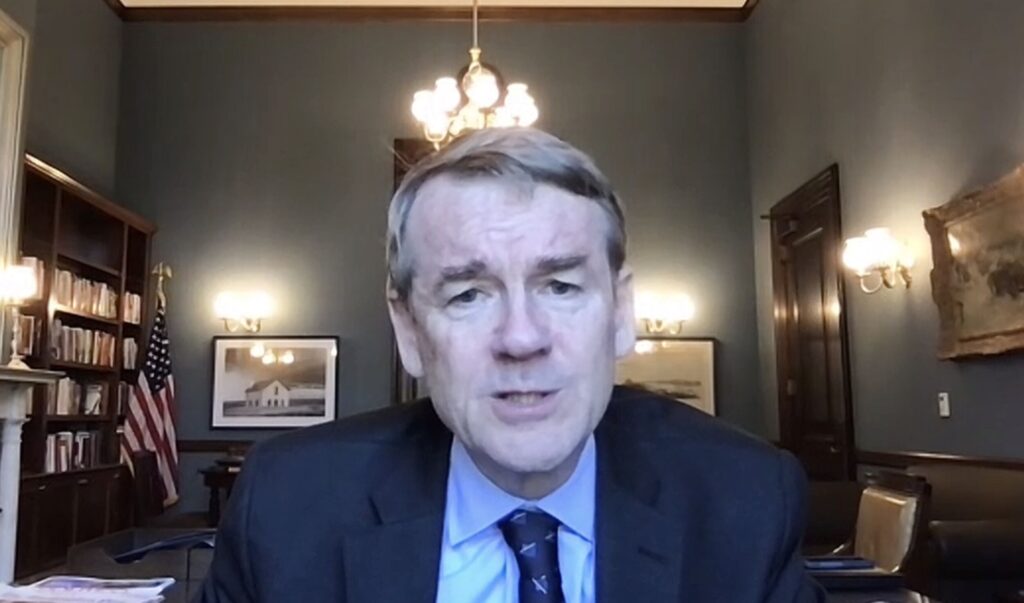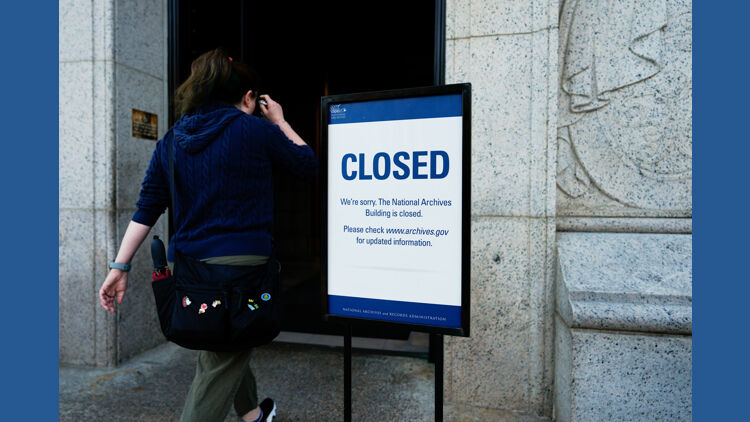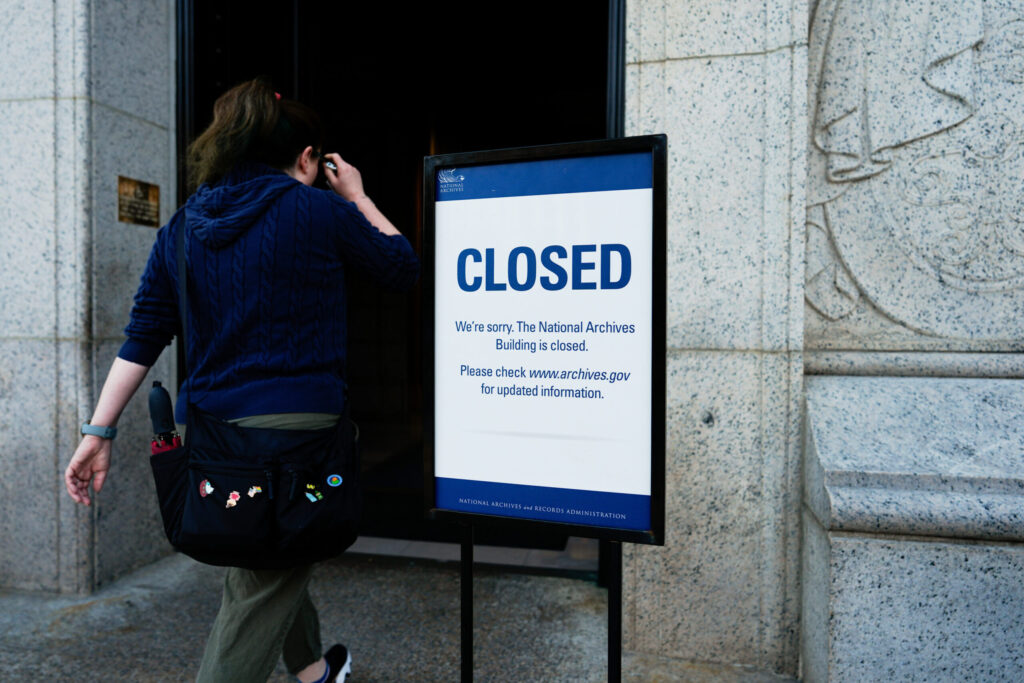Legislators to get pay raise
While the General Assembly spent much of their last three days killing bills right and left, they did decide to give a pay hike to future legislators, and state and county elected officials.
Currently, Colorado’s lawmakers make $30,000 per year. According to the National Conference of State Legislatures, Colorado’s pay ranks at about the mid-point for all state legislatures.
The governor’s salary, at $90,000 per year, ranks 47th out of 50 states. The secretary of state makes $68,500 per year as set in statute, ranking 45th out of 46 states that have that position. The same salary is paid to the state treasurer and lieutenant governor.
When then-Secretary of State Scott Gessler took office four years ago, he announced he planned to work part-time for his former law firm, which specializes in election law. His justification? He had taken a 50 percent pay cut from his private-sector job to become secretary of state, and that pay was insufficient. Gessler later abandoned that idea after widespread criticism; he instead took a part-time teaching position at the University of Denver. Then-Attorney General John Suthers also taught part-time at DU.
The attorney general is the highest-paid member among state executive officers, at $80,000 annually, but the salary ranks 49th out of 50 states. Those salaries have not been increased since 1999. According to Senate Bill 15-288 co-sponsor Rep. Robert Rankin, R-Carbondale, the cost of living has increased more than 40 percent since then.
But now everyone is in for a pay raise. The bill was among the flurry of major late bills introduced in the last 10 days of the 2015 session.
The bill would change the way salaries are determined for state executive officers, legislators and certain county officials. Currently, their pay is set in statute. Under SB 288, it would be calculated as a percentage of salary paid to certain judicial branch officials (primarily judges). Under current law, salaries paid to judicial branch officials are periodically adjusted for inflation. Since this bill ties the executive and legislative salaries to the judicial salaries, they also would be adjusted for inflation.
If signed by the governor, the pay hikes would go into effect on the first Tuesday after Jan. 1, 2019. That’s after Gov. John Hickenlooper exits office. Assuming they run for and win re-election in 2018, both Secretary of State Wayne Williams and Attorney General Cynthia Coffman would see a pay increase beginning in 2019.
Also assuming they run for and serve out their available terms, 19 current members of the House would be gone, due to term limits, before the pay increase goes into effect. In the Senate, 16 members could be term-limited by Jan. 1, 2019. Fourteen out of the bill’s 15 Senate sponsors could be gone by 2019 and wouldn’t benefit from the pay hike. The only senator who could benefit is the bill’s Senate co-sponsor, Sen. Randy Baumgardner, R-Hot Sulphur Springs. In the House, three of the six sponsors could be gone by 2019. Those who could still be in the House include Rankin, Reps. Paul Rosenthal, D-Denver and Steve Lebsock, D-Thornton.
The bill hit only one stumble on its way to the governor’s desk: House Appropriations. It passed with bi-partisan votes in its Senate committee hearings and through the full Senate, with a final vote of 21-14 on Tuesday morning.
Minutes before the House Appropriations Committee met Tuesday afternoon, Speaker of the House Dickey Lee Hullinghorst, D-Boulder, announced a change in the committee’s membership. For that hearing only, she temporarily replaced three members who were likely to oppose the bill. SB 288 passed the committee on a 9-4 vote.
Despite minimal debate later Tuesday, the bill makes legislators nervous, as evidenced by its narrow approval in the full House Wednesday morning, a 33-30 bipartisan vote. It was not amended in the House and heads to the governor for approval.
– Marianne@coloradostatesman.com












